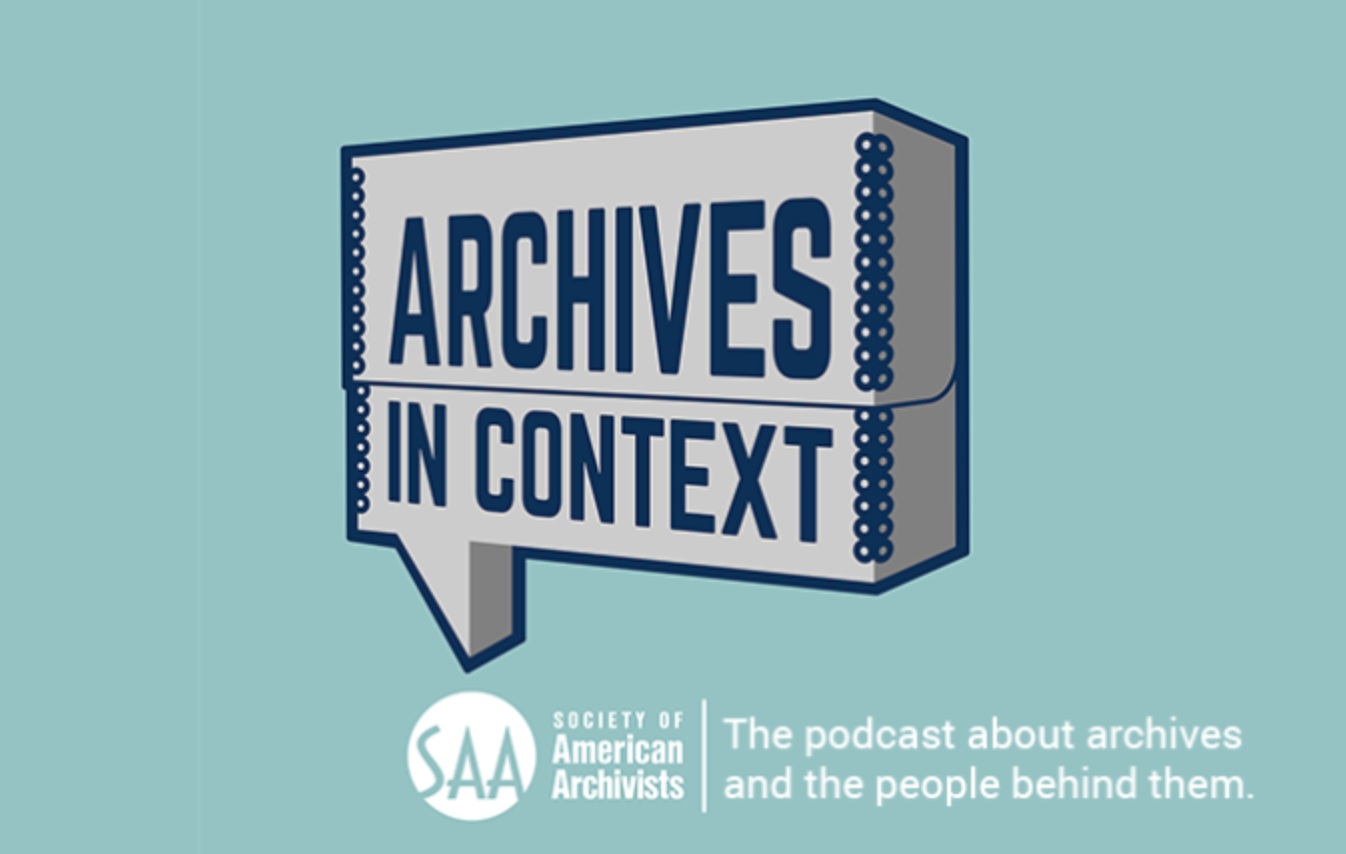
Just a few weeks ago in this series, we discussed the importance of conscious editing and reparative description, and some resources to help engage in this work internally. There has been a lot of discussion lately around antiracist descriptive practices, so this week we’re taking a look at some recent webinars and podcasts that provide examples of how some organizations are putting conscious editing and reparative description efforts into practice.
The Native American Archives Section (NAAS) of the Society of American Archivists (SAA) recently presented “Implementing Reparative Description for Indigenous Collections.” This presentation featured a panel of speakers who provided real-world examples, discussed the importance and limitations of reparative description, and shared resources for continuing education on this topic.
This past May the Council of State Archivists (CoSA) hosted archivists from the University Libraries at UNC Chapel Hill to discuss the ways they are addressing inequities in descriptive practices at their institution in the webinar "Conscious Editing." Members of UNC’s Conscious Editing Steering Committee presented examples of problematic descriptions and actions taken to edit those narratives within their collections.
Similarly, in the most recent episode of SAA’s Archives in Context podcast, its hosts sat down with members of the Archives for Black Lives in Philadelphia’s Anti-Racist Description Working Group to discuss the A4BLiP Anti-Racist Description Resources and the process of creating those guidelines.
Hearing other archivists speak about this work in practice can provide great examples of ways to get started, and gives thoughtful insight on how to take these broader ideas and put them to use in actionable ways. Have you heard from other organizations presenting on this work recently? What stories inspired you?
This is part of a biweekly blog series on sharing information, promoting resources, encouraging discussion, and amplifying the voices of Black, Indigenous, and People of Color (BIPOC) doing antiracism work in archives, museums, history sites, and library special collections. DHPSNY is committed to supporting the diverse network of collecting institutions that safeguard and ensure access to historical records and library research materials across New York State. To learn more, visit our first blog post in the series.